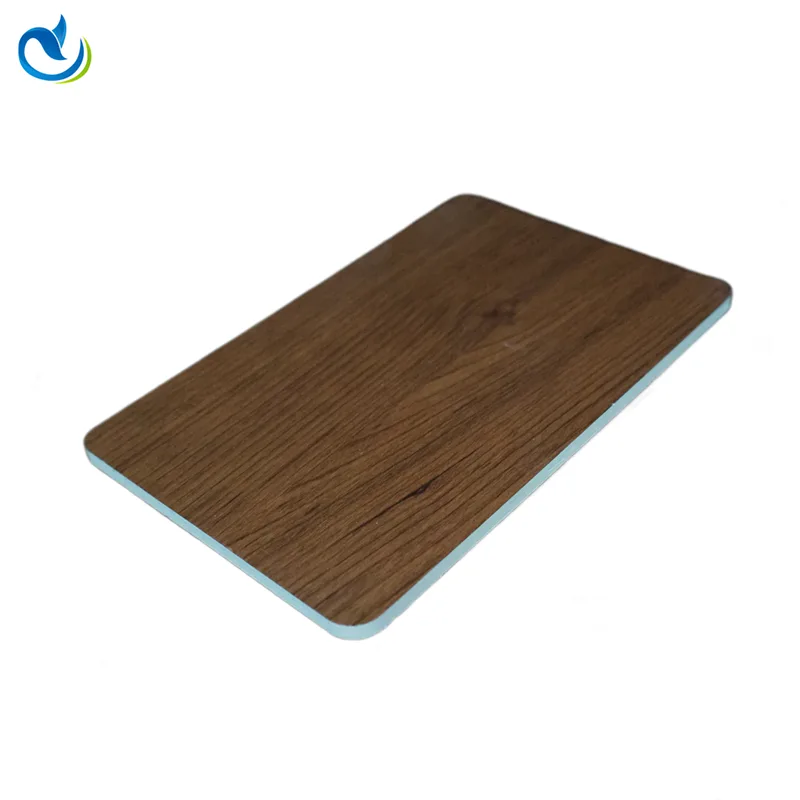What are the advantages of bamboo charcoal wall panels compared to other wall panels?
As an emerging environmentally friendly decorative material, bamboo charcoal wall panels show unique comprehensive advantages in the current market that focuses on healthy living environments. Its core raw materials are made of bamboo through high-temperature carbonization process, which not only retains the natural texture of bamboo fiber, but also makes the pore structure inside the bamboo more developed through carbonization process. This honeycomb microporous structure gives the wall panels efficient adsorption performance.
Compared with traditional wooden wall panels that are prone to residual chemical substances such as formaldehyde, bamboo charcoal wall panels not only have no harmful volatiles themselves, but also can actively absorb pollutants such as formaldehyde and benzene in the air, just like forming a dynamic purification layer on the wall. Its characteristics of regulating air humidity are particularly obvious in the rainy season. The microporous structure can absorb excess moisture and slowly release the stored moisture in the dry season. This two-way humidity regulation function effectively inhibits the growth of mold and is especially suitable for use with humidity-sensitive wooden floors.
In terms of physical properties, the carbonization treatment process of bamboo charcoal wall panels makes it more stable and durable than ordinary wood. The high-temperature carbonization process eliminates the original sugar and nutrient base of bamboo, making the product naturally resistant to insects and moths, and can effectively avoid termite erosion in the humid climate of the south. Compared with the weakness of PVC wall panels that are easy to age and discolor or gypsum boards that are afraid of moisture, bamboo charcoal materials maintain stable color in long-term use, and the surface feels warm and skin-friendly.
Its unique far-infrared release characteristics can produce beneficial resonance with the human body, and this biological characteristic is unmatched by synthetic materials. From the perspective of environmental protection and recycling, the growth cycle of bamboo only takes 3-5 years, which is more than ten times shorter than the regeneration cycle of traditional wood, making bamboo charcoal wall panels a truly sustainable green building material. The superposition of these advantages enables bamboo charcoal wall panels to not only meet basic decoration needs, but also build a three-dimensional healthy space with ecological regulation functions.




